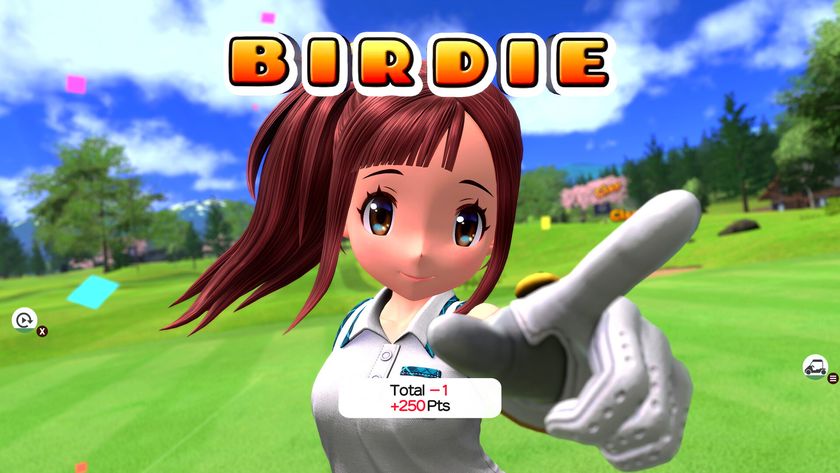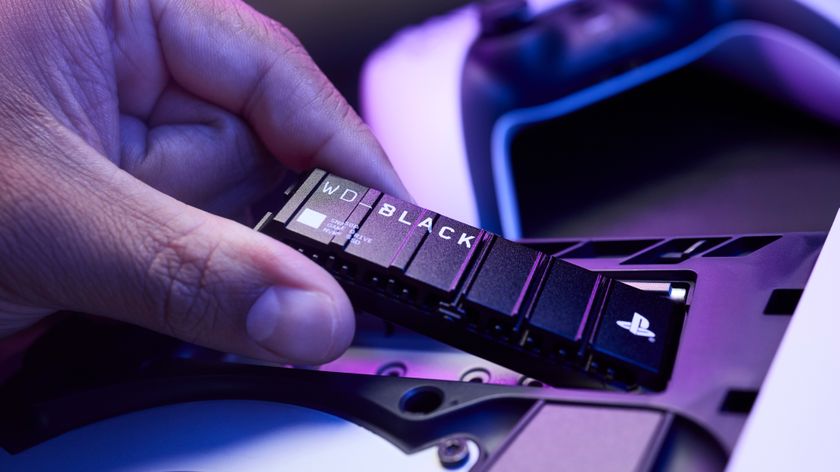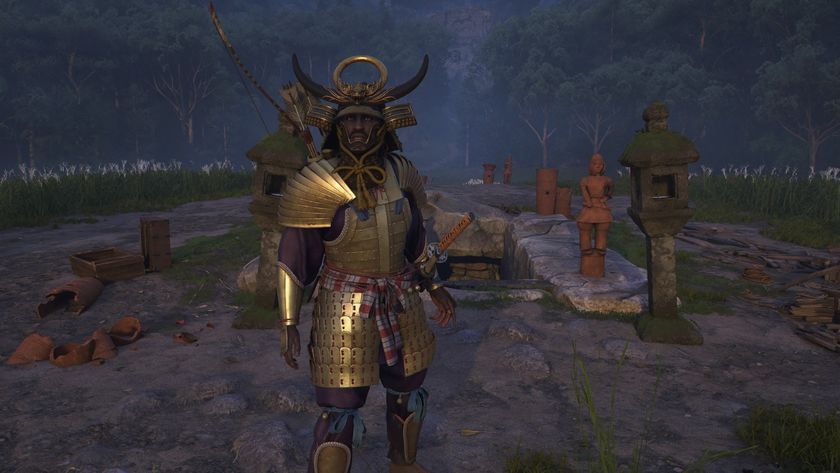This breakneck FPS is Doom meets Hotline Miami after dropping acid
Indie Spotlight | First launched on PC in 2020, and now finally on PS5, Post Void is a trip worth taking
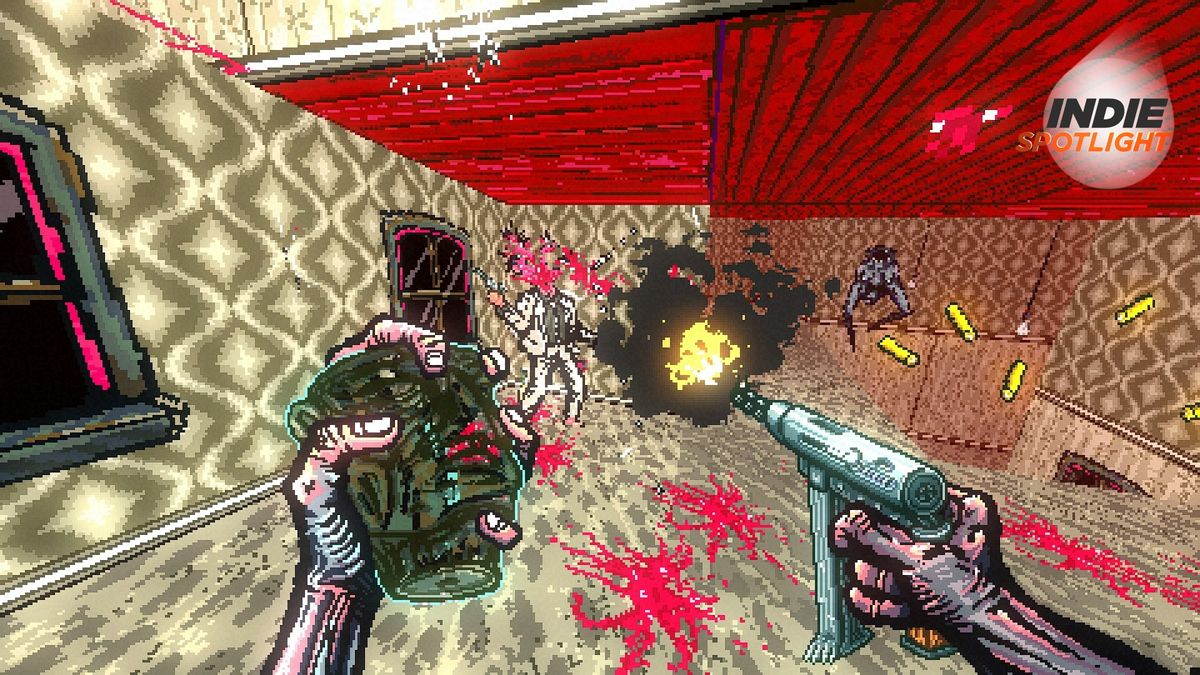
Post Void is a difficult game to explain. Which I fully appreciate isn't the most helpful start to a spotlight feature. On face value, it's loud, garish, ultra-violent, super-colorful, and uber-challenging. But there's also something about Post Void that doesn't immediately meet the eye. Something that can only be understood by playing, that maybe can't be fully grasped if you weren't around for the crude '90s first-person shooters that it's so heavily inspired by.
Don't get me wrong, Post Void is a game that can be easily picked up and played, no matter your age or genre experience. But if you are of a certain vintage, and if you are familiar with Doom, and Duke Nukem, and Unreal Tournament, and Shadow Warrior, and Wolfenstein 3D, and OG System Shock, then you're definitely in for a treat here.
Throwing it back
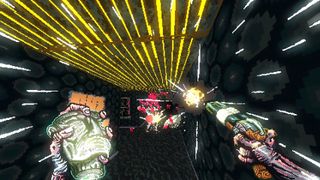

Dave the Diver, an indie RPG about deep-sea fishing and slinging sushi, is the vibe of the summer
Developed and published by YCJY Games, Post Void first made its way to PC via Steam in the summer of 2020, but later arrived on Nintendo Switch earlier this year (published by Super Rare Games), and on PS5 at the tail-end of last month. As the screens above adequately show, it's a beautifully striking pixelated mess of neon violence that's as fast as it is frantic. (It's worth noting it's also underpinned by a strobe effect that may affect photosensitive players.)
The premise in Post Void is simple: you must get from point A to point B as quickly as possible. Digging into the details is when it gets a little more complicated, but it's also part of the fun. In your right hand is a gun, and in your left is a glass skull idol filled with a glowing liquid that represents your health. For whatever reason, that health/liquid continually drains from the base of the skull, and can only be replenished by shooting dead the enemies housed within the game's hypnotic, winding corridor-filled world.
Over the course of 11 levels, you can access four weapons, and a number of upgrades designed to aid your quest – such as faster reload times, more liquid in the idol, and swapping out weapons – and by tapping R1 you can perform an Apex Legends-style slide.
Some of that looks like this:





What's interesting about Post Void is that while you'll inevitably start off trying to shoot and kill everything that moves, doing so is the fastest way to hit the Game Over screen. As single-player shooters have become more and more sophisticated over the last 30 years, we've learned to take our time, to suss out our surroundings, peer round corners, and be hand-held through tutorials and gamified systems that can often be condescending or immersion-breaking. Pausing for thought here, however, will lead to failure – which means getting from the starting block to the finish line as quickly as possible is vital.
Sign up to the 12DOVE Newsletter
Weekly digests, tales from the communities you love, and more
Which, in turn, is a closer reflection of the games Post Void draws from. Sure, you always needed a degree of skill and finesse to get the better of Doom et al back in the day, but a heavy dose of luck, speed and sharp reflexes were just as important. Once you realize you simply can't take out every enemy in every corner of Post Void's Nick Toons-meets-Picasso-esque fever dream, that's when things start to fall into place.
That's also when it grips you. Similar in look and feel to the likes of Hotline Miami, Post Void pushes a 'one more try' feeling like few games I've played in recent years. As a result, this can quickly turn an intended 10-minute session before going to bed into a 'bloody hell, it's 2am' endeavor before you know it. It blows my mind that there are players out there beating the game at 100% completion in, like, six minutes – but that alone likewise fuels my desire to return and push further than ever before.
Post Void is out on PC (Steam), PS4, PS5, and Switch. For more recommendations check out our Indie Spotlight series, or see what's ahead with our roundup of upcoming indie games.

Joe Donnelly is a sports editor from Glasgow and former features editor at 12DOVE. A mental health advocate, Joe has written about video games and mental health for The Guardian, New Statesman, VICE, PC Gamer and many more, and believes the interactive nature of video games makes them uniquely placed to educate and inform. His book Checkpoint considers the complex intersections of video games and mental health, and was shortlisted for Scotland's National Book of the Year for non-fiction in 2021. As familiar with the streets of Los Santos as he is the west of Scotland, Joe can often be found living his best and worst lives in GTA Online and its PC role-playing scene.
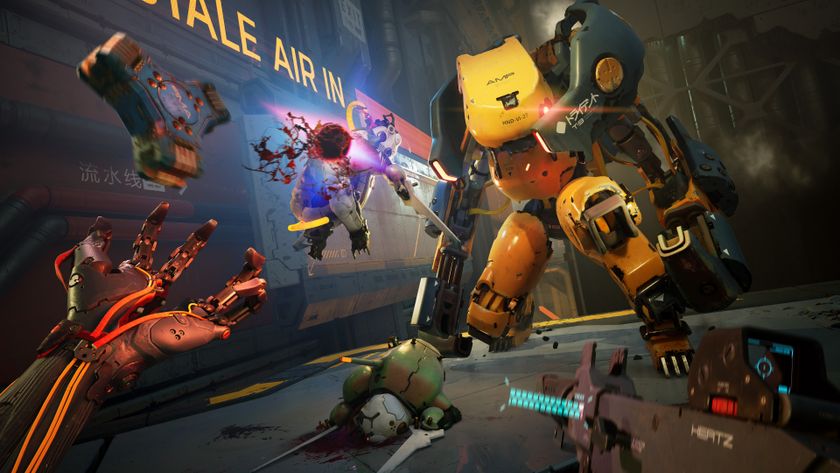
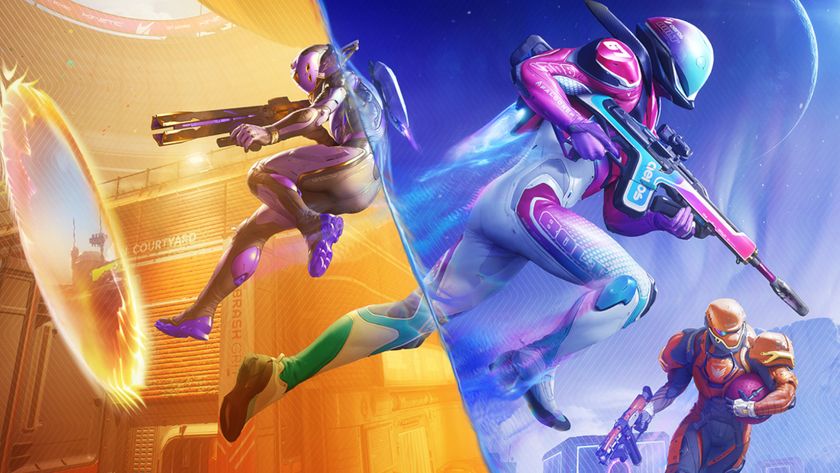



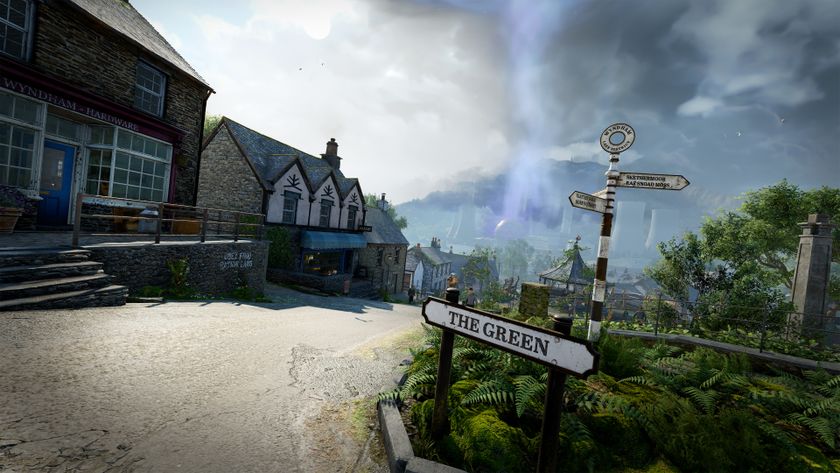
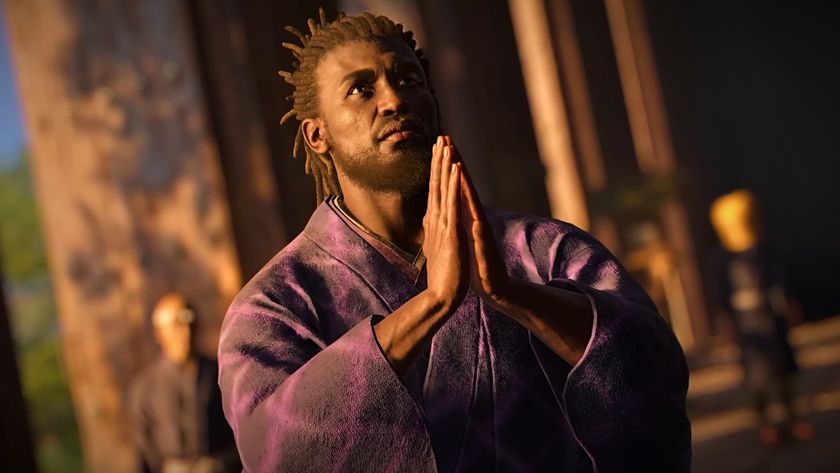
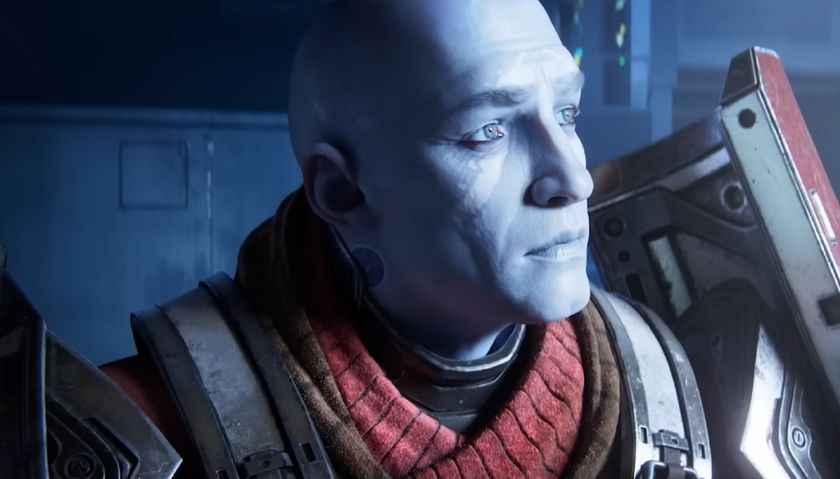
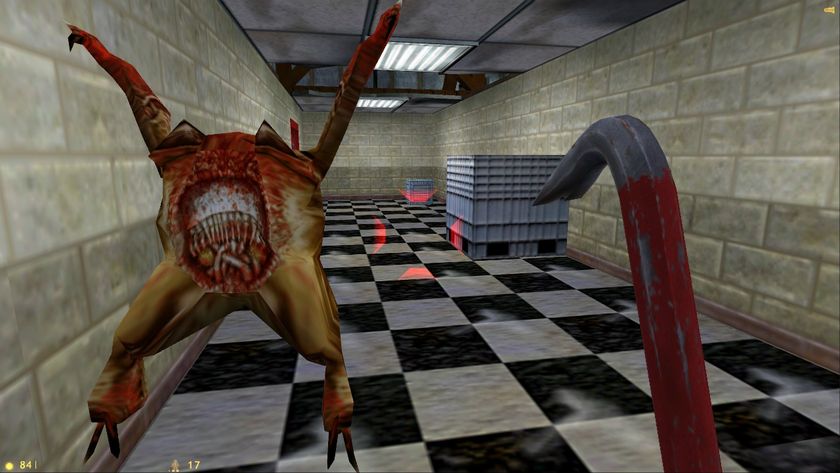
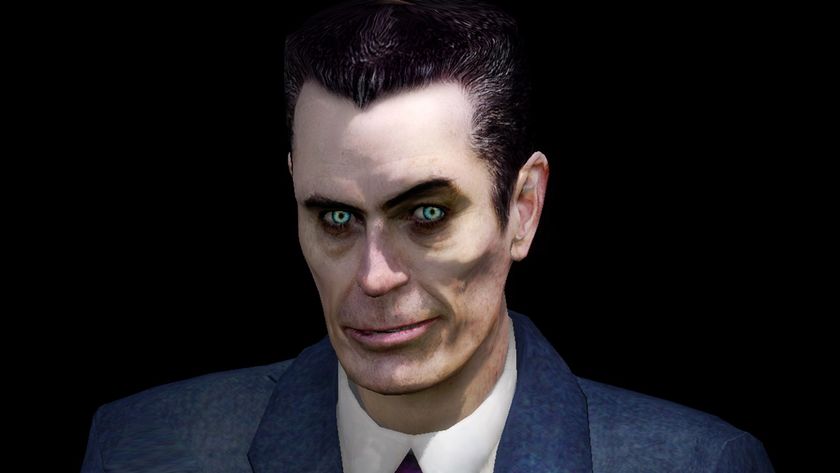
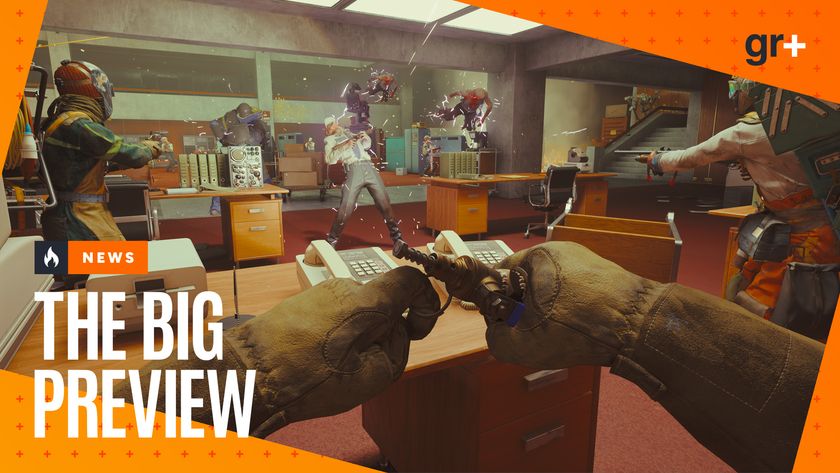

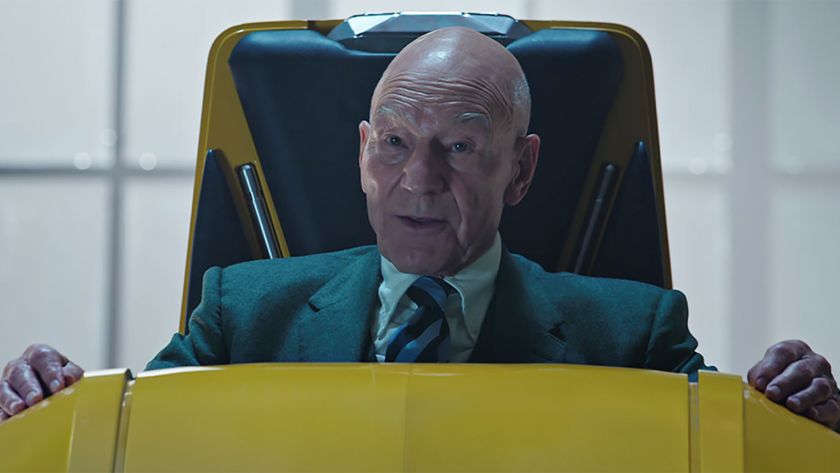

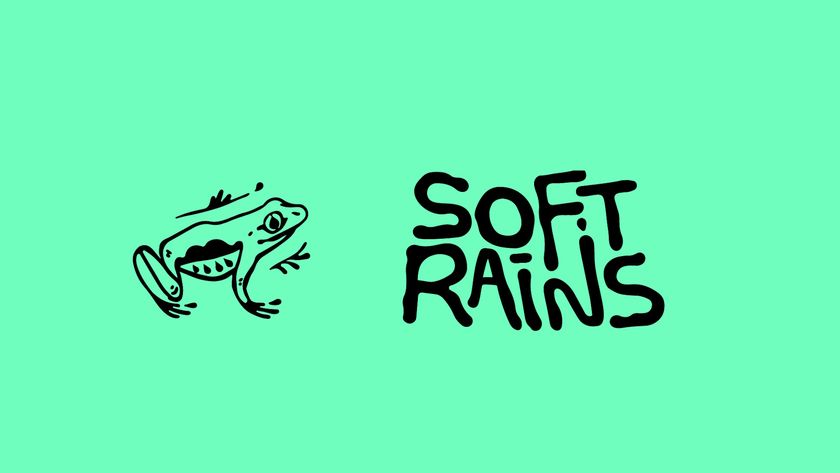
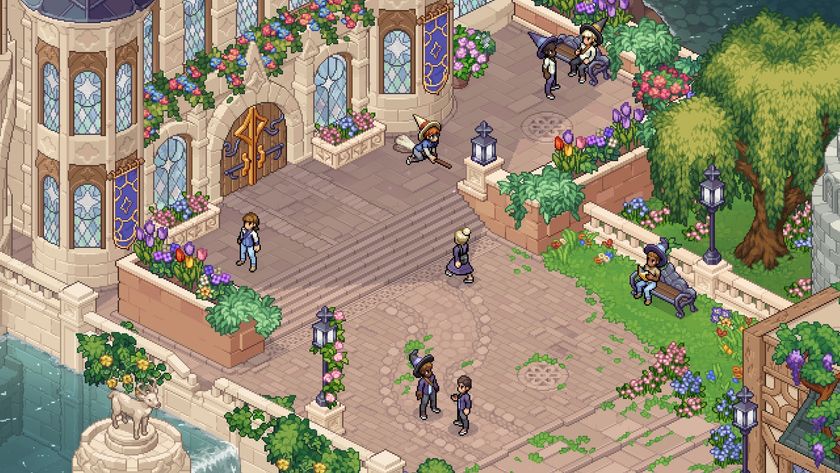
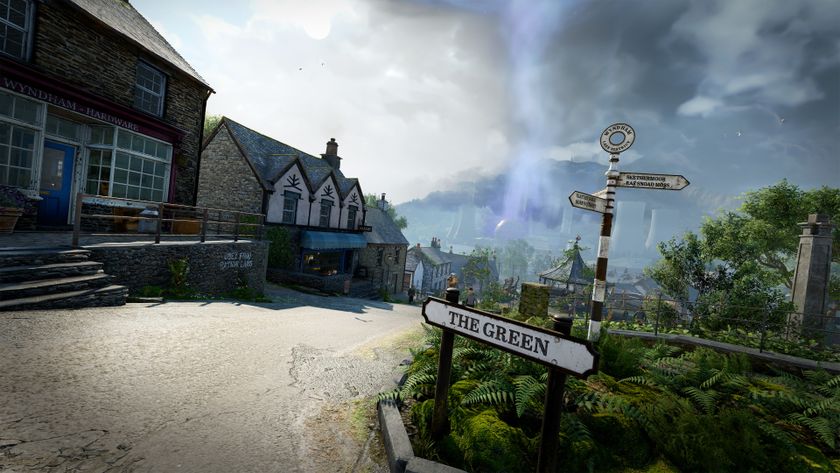


Ubisoft reaches deal with Tencent to create $4.3 billion mini-Ubisoft subsidiary to "spearhead development" on new Assassin's Creed, Far Cry, and Rainbow Six games

When Destiny 2 "weekly active users dropped lower and faster than we'd seen since 2018," Bungie assembled an A-Team to put out some fires: "We needed to do something"
